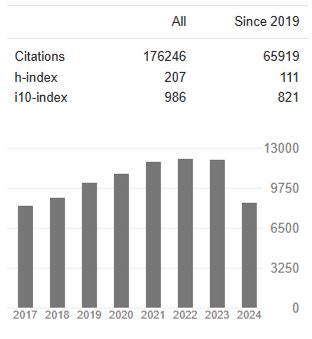Cannabis Use is Associated with Depressive Symptoms Among Pregnant Women Receiving Buprenorphine for Opioid Use Disorder
Abstract
Abigail B Richison, G Andrew James, Erin N Bider, Hannah H Williams, Shona L Ray-Griffith, Zachary N Stowe, Jessica L Coker
Background and aims: Previous studies have evaluated various effects of cannabis use on depression and opioid agonist therapy (OAT) outcomes; however, to date, there is no research focused on pregnant women with opioid use disorder (OUD) receiving OAT. This study examined the associations between cannabis use, and OAT outcome measures (retention and opioid use) and depressive symptoms in pregnant women treated with buprenorphine for OUD.
Methods: 121 pregnant women with OUD in an outpatient clinic were included in a retrospective chart review. At each clinic visit, Beck Depression Inventory (BDI-II) and urine drug screens (UDS) were collected. Women were categorized into two groups, cannabis use (>1 UDS positive for cannabis) and non-use (all UDS negative for cannabis). Retention was defined as total weeks in treatment and opioid use was defined by the percent of positive UDS for opioids and compared between groups. To evaluate depression symptoms, the mean Beck Depression Inventory-II score over the course of treatment was calculated and compared between the groups.
Results: There were no significant differences among retention (p=0.67) or use of opioids (p=0.14) between those who did or did not use cannabis. Women who used cannabis during treatment had a higher BDI-II mean score compared to women without cannabis use (16 vs 9.3, p<0.001) over the course of treatment. Cannabis use continued to be associated with elevated depressive scores when controlling for opioid use (rho=0.252; p=0.006), and prescribed antidepressants (rho=0.269; p=0.003).
Conclusion: Cannabis use among pregnant women receiving buprenorphine for opioid use disorder was not correlated with retention or opioid use. However, cannabis use was associated with higher levels of depressive scores despite opioid use or prescribed antidepressant.




